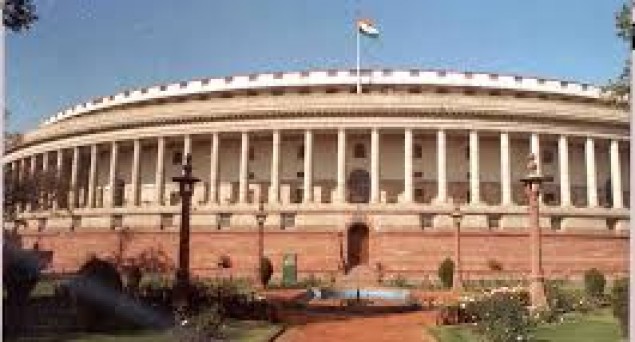By Dr. Shafeeq Rahman,
It is widely believed that Indian Muslims are underrepresented in the panchayat, local bodies, legislative assemblies and national parliament in proportion to their population share. Most Muslim candidates win in predominant Muslim constituencies only; fewer are able to win in other areas. Muslims are highly unrepresented in ticket distribution by national and regional mainstream political parties. Such marginalization leads to the birth of Muslim nationalist parties in some states which are still not successful in achieving the niche number of representation.
On the other side, as the General Election 2014 coming close, Muslim voters are being confused by the media that are presenting various calculations in prospective of different political parties. Muslim votes are just in favor of or against candidates of certain political parties. The entire focus of discussion is the Muslim as a “voter,” without taking into account their ideal and legitimate representation in parliament and their level of deprivation in the 2009 General Election. This sense of deprivation is realized mainly after the election, when results show that a very small number of Muslim candidates are elected.
The appropriate time to consider this deprivation is before the electioneering process starts so that certain strategies could be formulated to ensure that maximum community candidates are elected. Pressure should be built on major political parties for fixing certain number of tickets for Muslim community and communities should cast votes wisely to ensure success.
While other communities and political parties are working at booth level and even some parties are focusing at household level to gauge their strengths and weaknesses, Muslims are doubtful about their possible representation even at state level.
To measure the adequate number of Muslim representation in the parliament and their level of deprivation, I have adopted the methodology – the same used by the Delimitation Commission of India to entitle parliamentarian seats for Scheduled Castes and Scheduled Tribes according to their population ratios. This fact can’t be ignored, however, that a similar kind of reservation for Muslims is constitutionally not feasible in coming years. But through such appropriation, we can at least visualize the strength of Muslims and their ideal representation across the states. The secular minded political parties could also be persuaded to adhere to the same reservation ratio in ticket distribution for the forthcoming 2014 election.
The table below shows the entitlement of parliamentarian seats to Indian Muslim across different states and their level of underrepresentation:

Most of entitled seats are in Uttar Pradesh (16), West Bengal (11), Bihar (7) and Maharashtra (5), followed by other states. In the last general election, the highest representation was achieved in Tamil Nadu and highest deprivation found in Maharashtra from where at least five members should have reached the parliament but none of the Muslims were elected from the state.
Another interesting fact reflected in the analysis is that there is not a single Muslim MP elected out of the proportion in any state, mainly Muslims are being elected in predominant Muslim constituencies only.
I personally don’t believe that such a number game on representation can be a real substitute of quality representation. Electing only the Muslim face will never resolve the community’s problems until the represented members raise their concerns in the wider interest and welfare of Muslim community even if it is against their political parties. For example, Uttar Pradesh has an appropriate representation of Muslims in the state legislative assembly, yet these members hardly speak beyond the party lines and rarely focus on the core issues of Muslims. Such helplessness is specifically visible at the time of riots. Reservation is not the only way to resolve all problems, but of course it is an effective tool to minimize the marginalization of a particular segment of the society.
—
Dr. Shafeeq Rahman is a researcher on Indian centric socio-economic and political databases. He can be reached at [email protected]





